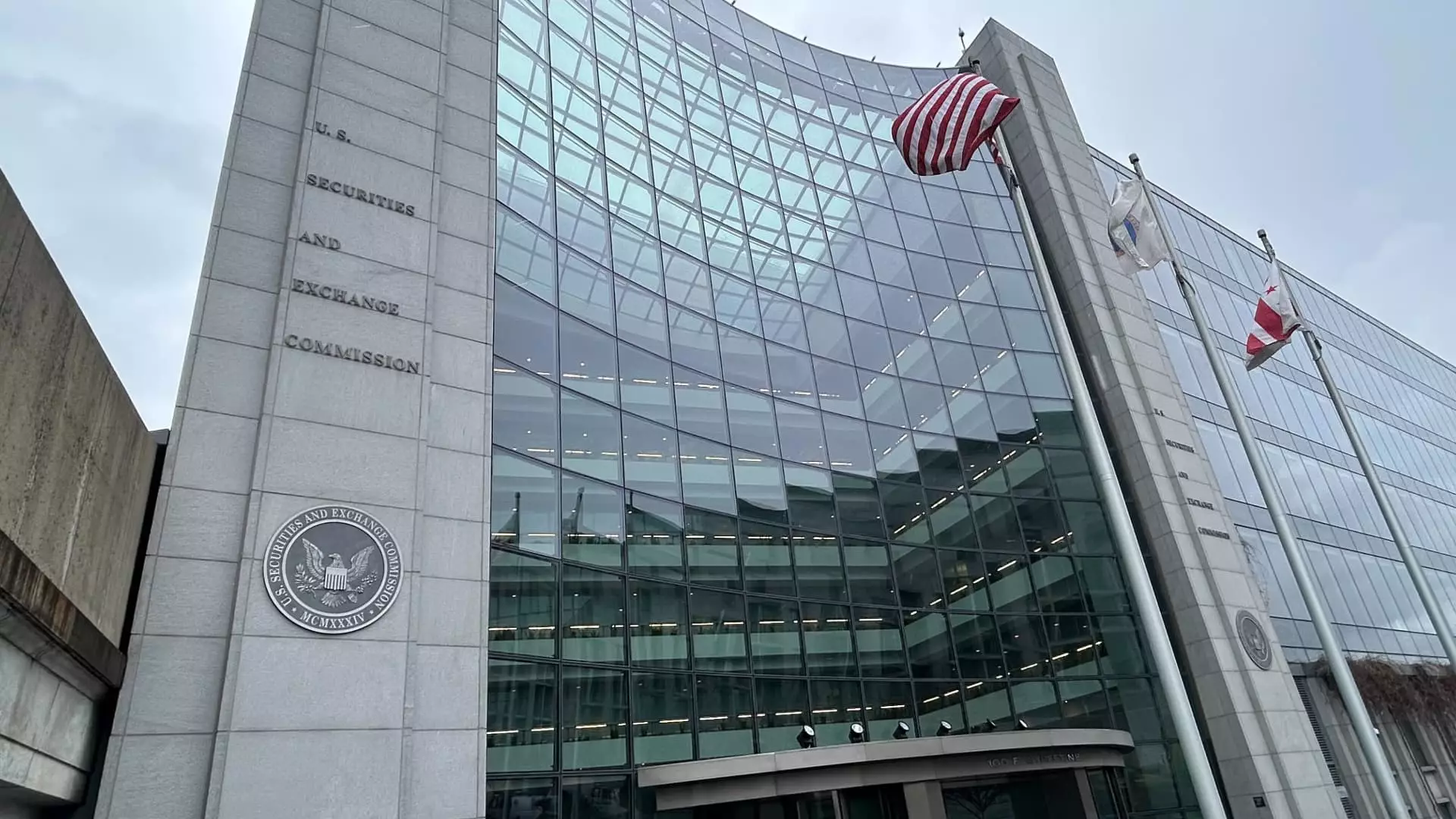The U.S. Securities and Exchange Commission (SEC), entrusted with the critical role of market oversight, is grappling with an unprecedented staff exodus. Over 600 employees have opted to leave, a staggering number that represents over 12% of the agency’s workforce. This mass resignation isn’t just an administrative event; it signals a potential crisis in regulatory effectiveness during a time when robust market monitoring is desperately needed. This exodus suggests an alarming trend: the prioritization of political agendas over the integrity of vital institutions.
Impact on Investor Protection
At a time when investor confidence is tenuous—exacerbated by volatile markets and an ongoing pandemic—the departure of seasoned enforcement lawyers and senior staff could seriously undermine the SEC’s ability to fulfill its mission of investor protection. This isn’t just a significant reduction in workforce; it poses a direct threat to the department’s core functions. The SEC has historically been a bulwark against fraud and malpractice, but how can it maintain that role when its ranks are thinning due to politically motivated cuts?
Politics versus Professionalism
The ongoing maneuvering by figures like Donald Trump and Elon Musk to reshape the federal government raises questions about the separation of political influence from regulatory functions. Such actions give the appearance of a government more focused on downsizing and less on protecting the public interest. Critics may argue that these cuts are designed to bring efficiency, but the reality is far more sobering. The SEC requires not just bodies but experience and institutional knowledge to navigate increasingly complex market landscapes.
The Problem with Incentivizing Resignations
The SEC’s staff departures come amidst a controversial strategy of offering financial incentives for early retirement and resignation—an approach that, while potentially helpful in fast-tracking reductions in headcount, is fraught with risk. Employees who are driven by a desire to protect their careers over public service are likely to be more focused on personal gain than on the high-stakes world of market regulation. There’s irony in incentivizing resignations: the promise of a swift financial reward creates an agency culture that may prioritize peacemaking over active engagement with the regulatory challenges that lie ahead.
A Race Against Time
With the deadline for opting into these resignation offers looming, the SEC now faces a race against time. Not all those who have expressed intentions to leave may follow through, yet the significant number of departures already indicates a fundamental disillusionment with the agency’s current trajectory. Moreover, the implications of these changes ripple through the broader market, potentially fostering an environment ripe for misconduct and exploitation. The SEC should be the vigilant guardian of market fairness, yet these personnel cuts undermine that essential role.
In the future, as crises unfold and challenges increase, we must ask ourselves: what will remain of our regulatory bodies if they are stripped of both talent and resolve? The long-term health of our financial markets hinges on the ability of institutions like the SEC to operate effectively, unencumbered by political machinations that compromise their integrity.


Leave a Reply